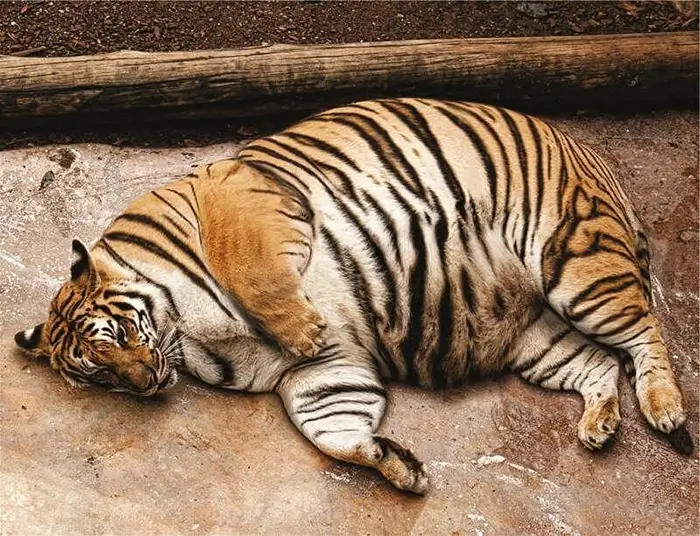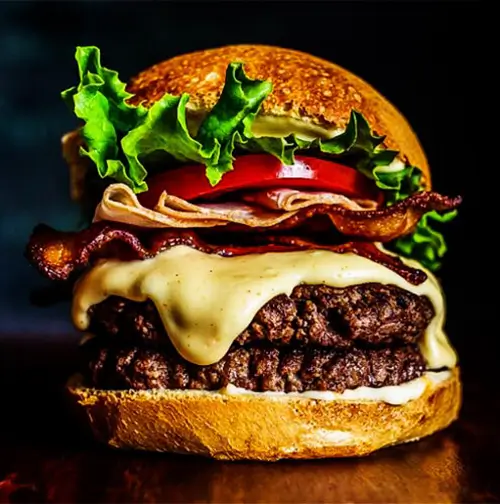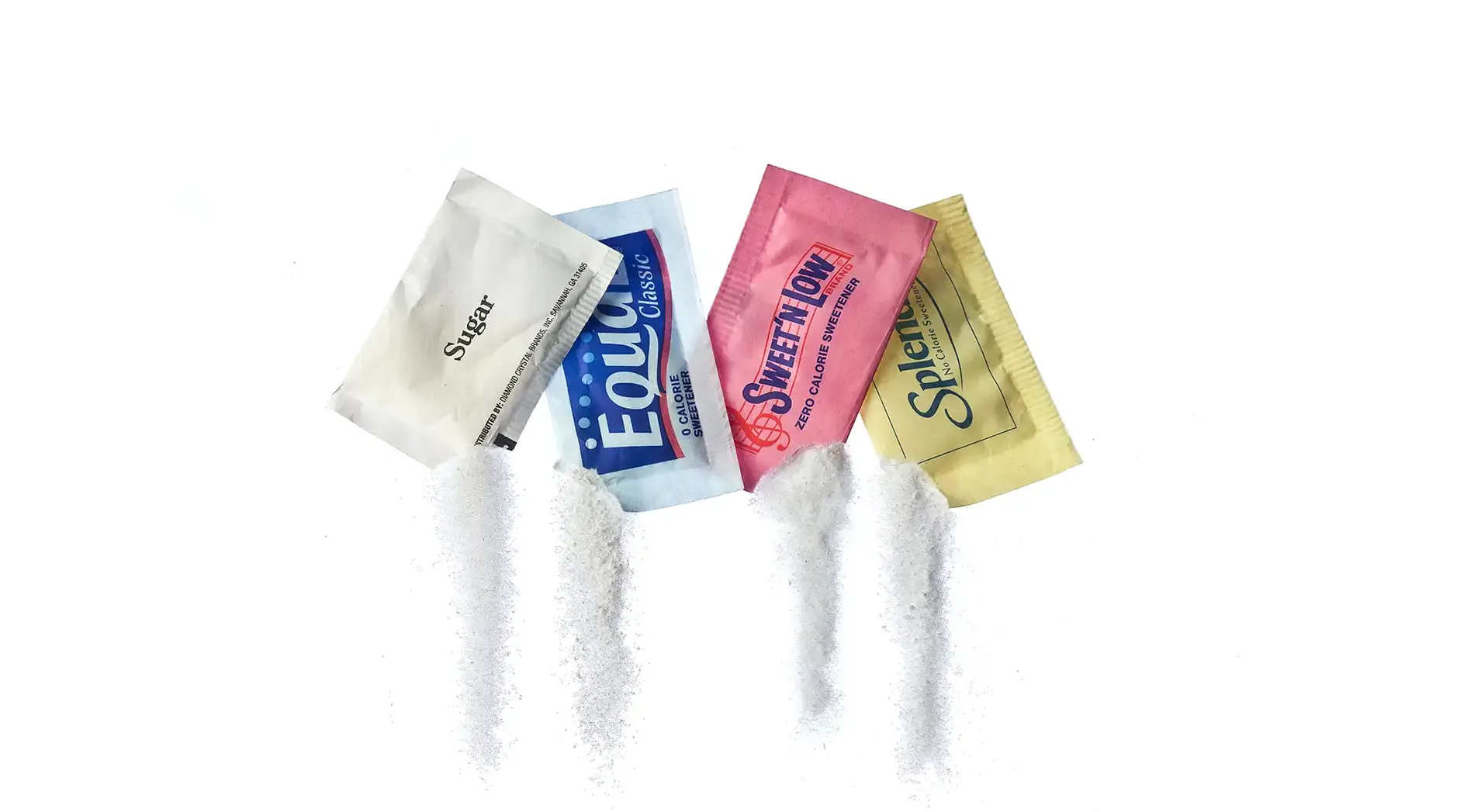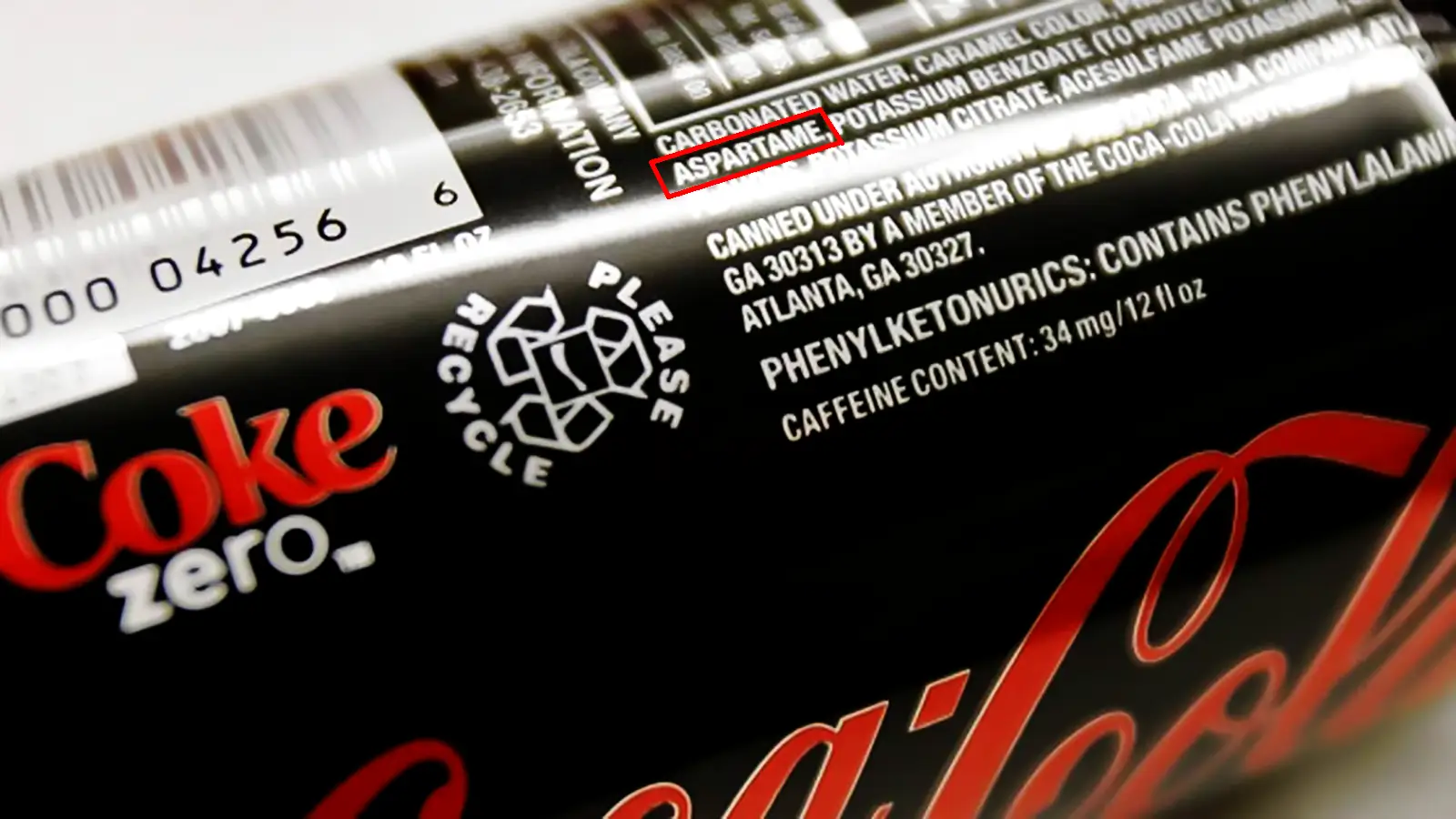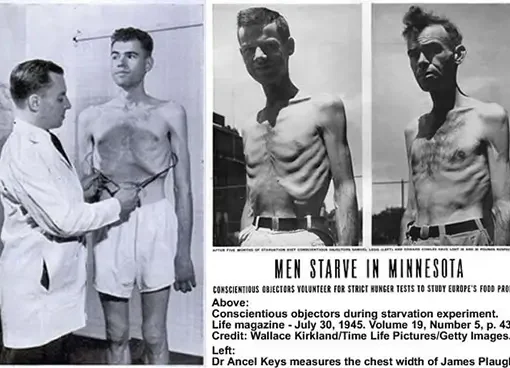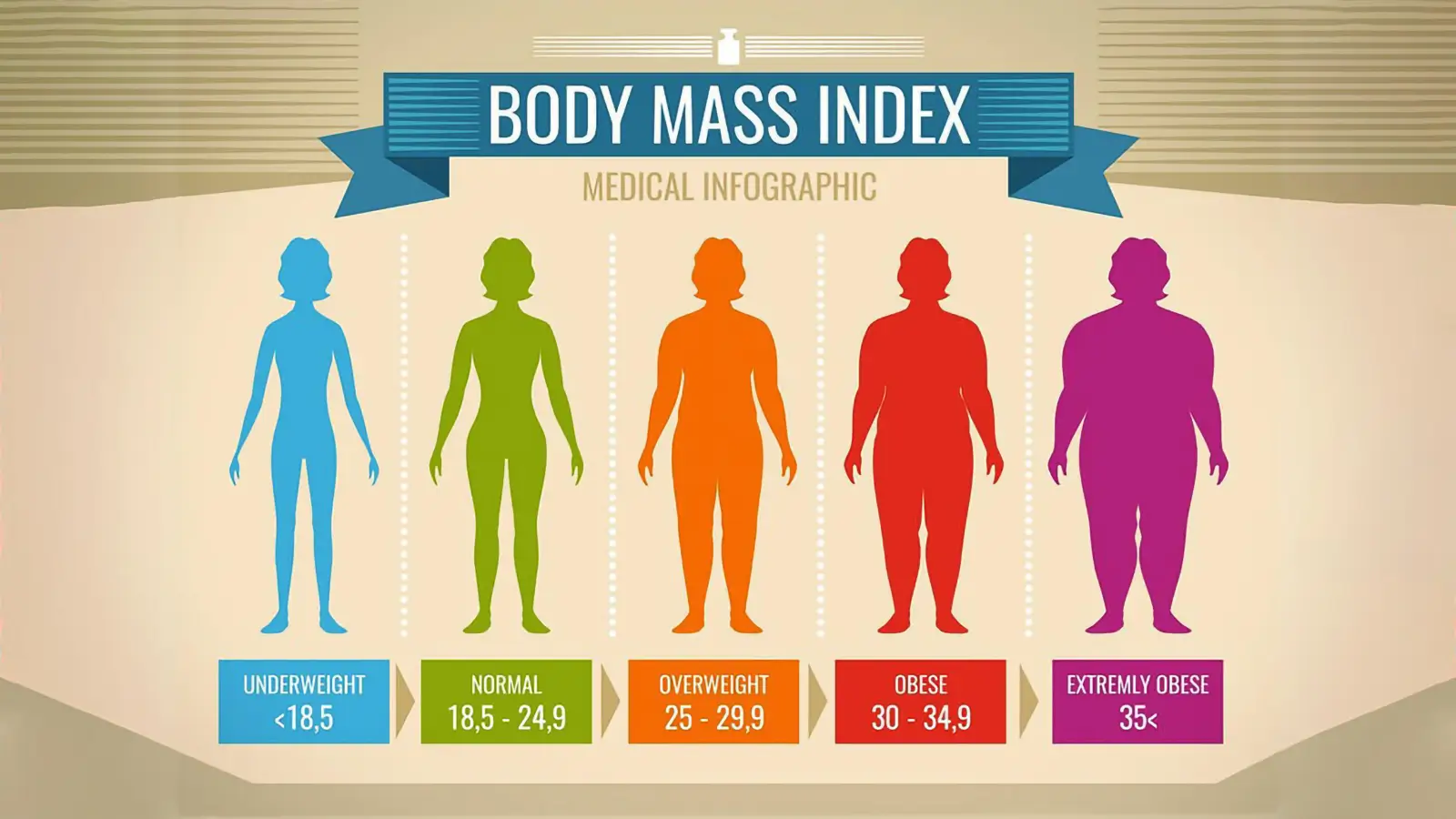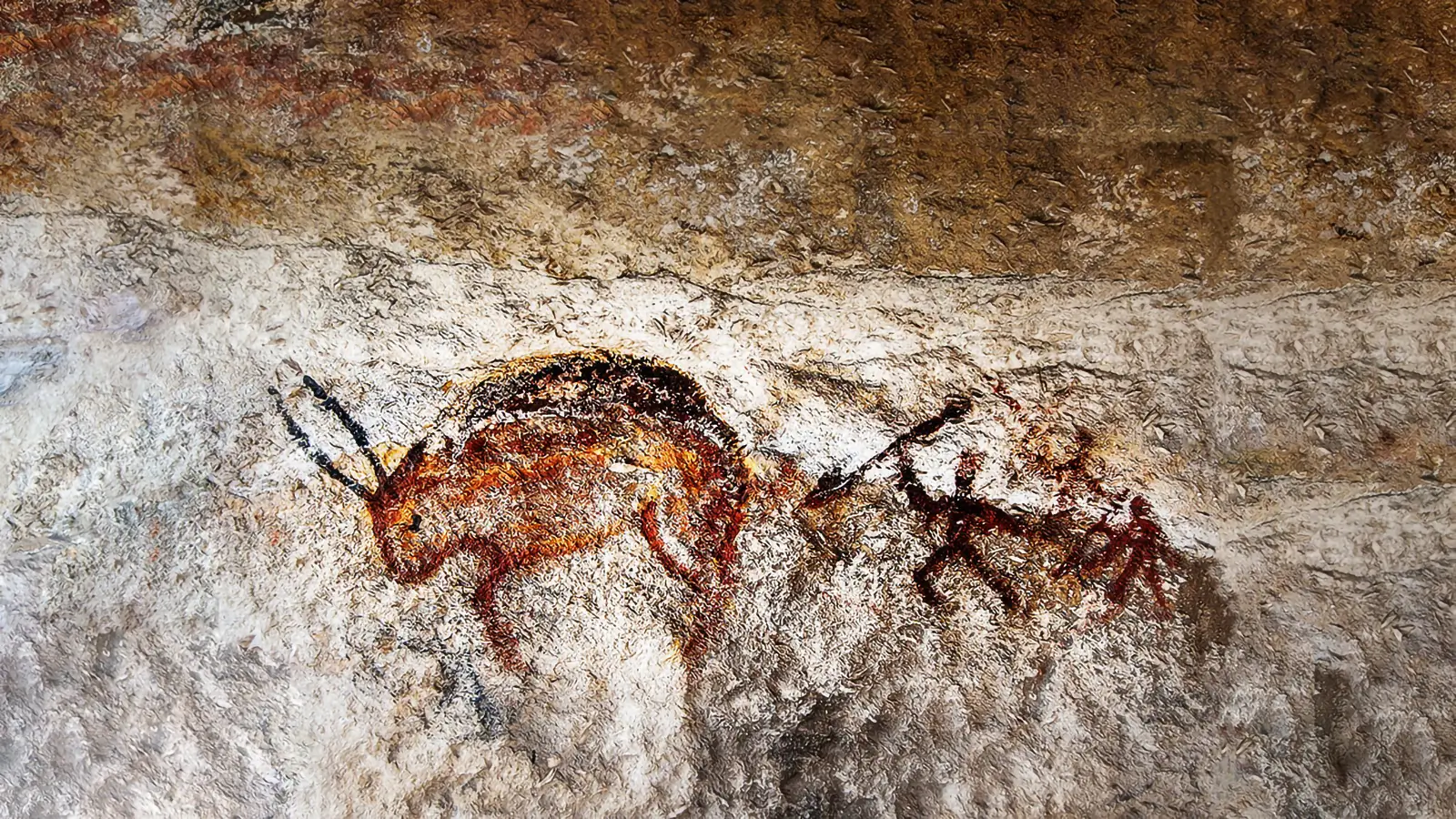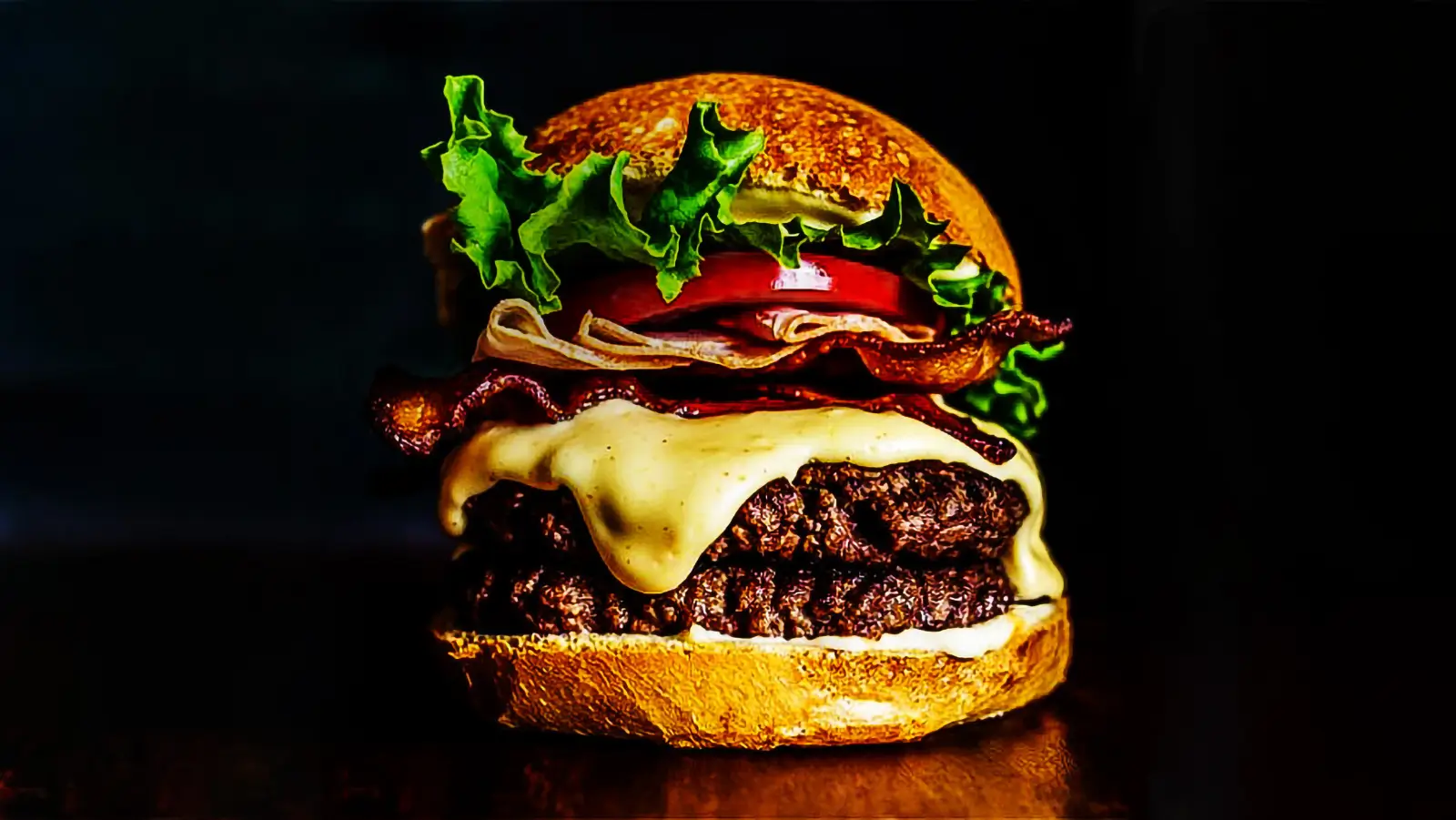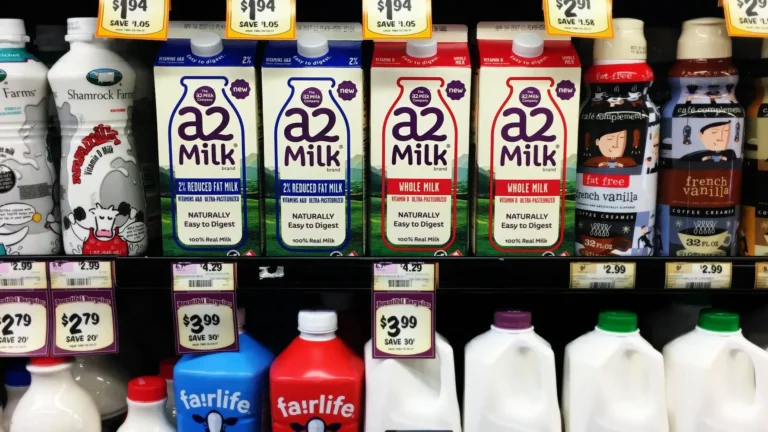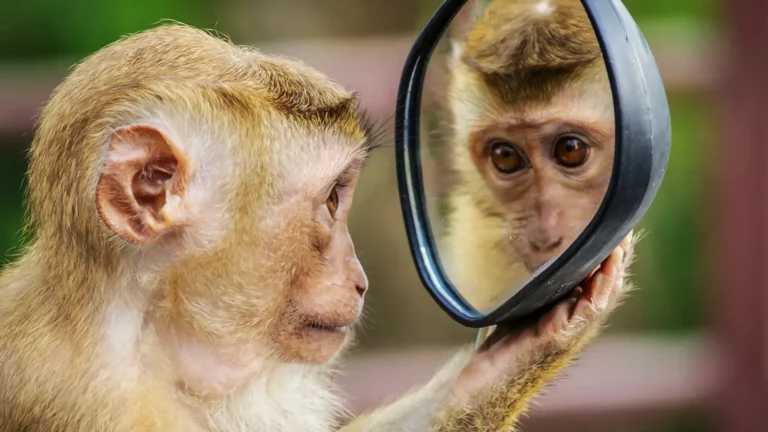Cause of Obesity- Maladaptation or addiction
What is the cause of obesity epidemic? For all life on Earth, food is not a choice. The hardest thing for the animal in the wilderness is to gain weight.
Milos Pokimica
Written By: Milos Pokimica
Medically Reviewed by: Dr. Xiùying Wáng, M.D.
Updated June 9, 2023What is the cause of obesity epidemic? Can the obesity epidemic be reversed if we understand the cause of obesity?
Obesity is a complex disease and it is a disease characterized by an excess of body fat. Obesity is more than just a cosmetic issue. It is a medical condition that raises the risk of developing other diseases and health issues, such as heart disease, diabetes, high blood pressure, and certain cancers.
Some people struggle to lose weight for a variety of reasons but the main one is that our brain acts in an evolutionary protective manner. In other words, the cause of obesity is maladaptation to our current environment. Scarcity is the rule in nature and an overabundance of food never existed in our 50 million-long history.
When you go to the obesity clinic and ask what is the cause of obesity, and what you have to change in your life, you won’t receive a decisive answer. The reason is that conventional allopathic medicine works as a reductionist practice. The cause of obesity is maladaptation which is a decisive answer. But this answer requires a holistic approach and a reductionist approach is what you get in hospitals. Holistic medicine does not have a patent or operation pending so there is no profit to pay for someone’s engagements. That is a reason why they don’t tell you the whole truth about the cause of obesity epidemic. Prescription medications and weight-loss procedures are additional options for treating obesity that make a lot of money besides supplements and other programs but all of them remember of they do not treat the root cause of the obesity epidemic. You can lose weight bat the condition that made you gain weight is still there as an evolutionary protective mechanism and it is very little we can do about it.
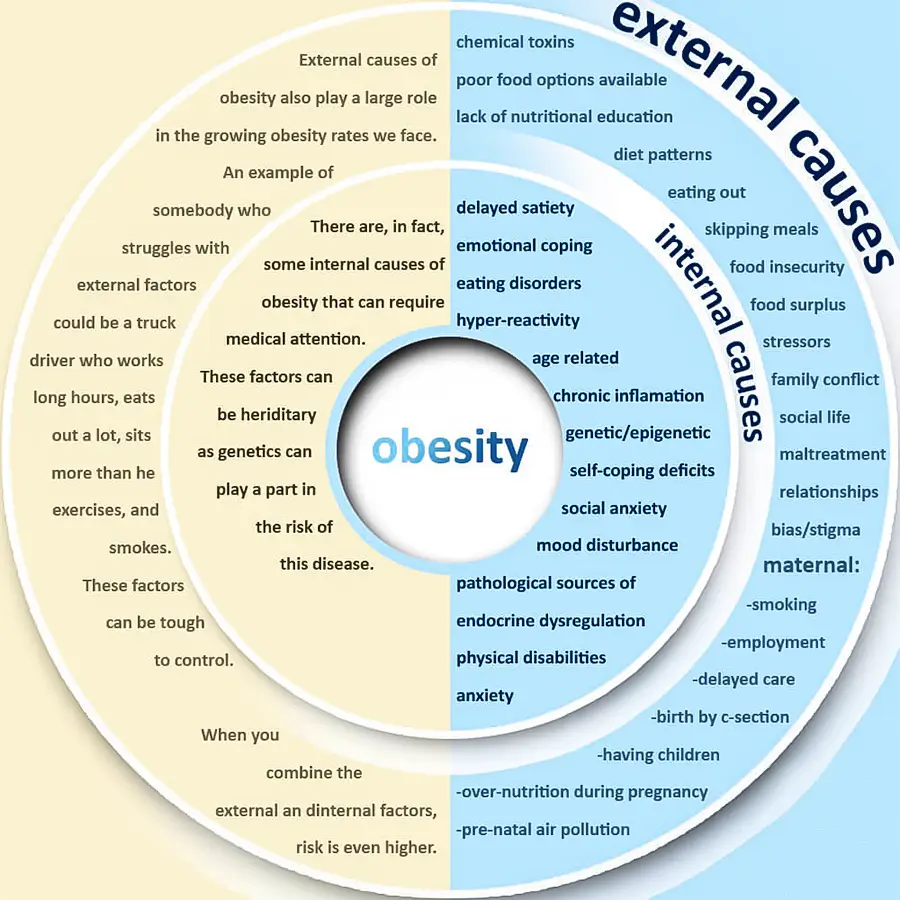
The cause of obesity is embedded into our genome and it is embedded into the genome of every species on this planet. All of the species on Earth are going to become obese if there is an abundance of food not just our pets. Animals as well as humans eat as much as they can every time they can. We can start to explain the cause of obesity in a scientific manner. We can start to look into genomes a do a line of studies, we can start to experiment with different hormones, and different food types, then we can do a line of studies involving neurochemicals and brain signaling. In this way, maybe studies will be able to give us some magic injection or pill to deal with this condition but the cause of obesity remains a complex mechanism rooted in maladaptation.
The majority of people think about weight loss because of the sex appeal. Health considerations are not always the primary reason for dieting. However, in cases of morbid obesity when the doctor tells patients to lose weight or die, health considerations come into play patients will try to lose weight. Most of the entire population will in their lifetimes at some point be on a diet for one reason or the other. In most cases, dieting would not give any long-term and lasting results.
But why? What is the cause of obesity? Let’s look into it in more detail.
An evolutionary adaptation is any heritable phenotypic character whose frequency of appearance in a population is the result of increased reproductive success. Adaptation is the development that the organism goes through in order to become accustomed to an environment. It is linked to evolution because it is a long process. One that occurs over many generations. Genetic change is what occurs.
Habitats do often change. Consequently, the process of adaptation is never finally complete. With time, it may result that the habitat changes to some extent and that species adapt to fit its surroundings better and better.
It may also happen that the environment changes very little and that species do not need to adapt at all. Examples of this can be seen in so-called living fossils like jellyfish that evolved 550 million years ago. Also, variations in the habitat may happen almost immediately, resulting in species growing less and less well-adapted and eventually going extinct.
What does evolutionary adaptation have to do with our diet and why is this important?
We have to understand how abrupt shifts in our environment caused by technological progress and our modern way of living can affect our biology that is not adapted to it and how it might affect our health. Another solution would be to act impulsively, emotionally, and instinctively like most other animals. That is precisely what we can see when we visit hospitals and give most of our income on the good service of modern medicine.
Animals eat impulsively because they are conditioned to do it for survival. For all life on the planet Earth, food is not a choice. The hardest thing for an animal in the wilderness is to gain weight. The hardest thing for us is to lose it.
And this is only because of technological progress in the last couple of centuries. That progress has enabled our current generation to eat as much as we want and whenever we want. We have a shift in our understanding of food and we have started to treat food as a source of gratification. The problem is that If we do start to treat food as a source of gratification and make dietary choices that are based on feelings and satisfaction, like it or not it will have health consequences.
For most of our evolution, we were slim in a state of constant hunger and constant physical activity, naked, and eating mostly vegan food.
The only reasonable assumption is that hominins eat like any other animal. This means only in situations when they did find food. This was the case for all of our ancestor species and that means the time period of 50 million years. Hunger like exercise is something that our physiology is adapted to and expects it. We will not die if we don’t eat. Homo erectus did not have a fridge to go to in the middle of the night when he felt like eating. Hunger is a normal feeling for every animal. This includes humans as well. The feeling is so strong that has the ability to condition our behavior and override any other instinct. It has to be so that it would be able to force the animal to search for it or it will die. On the other side, a feeling of constant fullness is not natural.
Even when we are on a restrictive diet modern people will like to have a feeling of fullness. So here comes caffeine, hunger suppressors of different kinds, and so on. If we can just find a magical, all-you-can-eat, weight-loss diet. Evolutional conditioning is so strong that in many cases after dieting people can develop a fear of starvation and will be in a constant struggle not to overeat even if they are not hungry. We are surrounded by food everywhere and plus on top of that, we can eat sugar and fat in an isolated refined form that we were never able to find in nature giving ourselves something known as supernormal stimuli or in other words, food dopamine high.
On one side, there is starvation and on another unnatural release of dopamine triggered by unnatural food that we have never been exposed to in our evolution. This is what causes a binge eating disorder and obesity, 50 million years of scarcity, and starvation.
Where is the malfunction? The cause of obesity dilemma and epidemic remained shrouded in complexity and mystery. There was a range of clinical trials that have somewhat confirmed this and this is my personal opinion also that obesity conditions are `maladaptations’ of actual current modern lifestyle to our genome (Fernandez-Real & Ricart 1999). In other words, maladaptation is something that occurs in an abrupt shift of habitat that physiology is not adapted to cope with.
In the case of obesity, the standard regulatory system will tell the brain that we have fat deposits stored for an extended period and that we can endure little hunger. However, hominins could never become fat due to scarcity, so they never developed an adaptation to the abundance of food. Our mind still thinks that if we do not eat all that we can we will starve to death in the upcoming drought.
Even our concept of beauty changed. I do not mean what we were thinking is pretty in ancient Egypt or Persia. That is a form of modern agricultural civilization with societal structures. Before civilization and agriculture in the Paleo period and beyond, hunter-gathers idealized morbid obesity. We can see a physical example of this in morbid obesity Venus figurines that were found in different locations from the Paleo period.
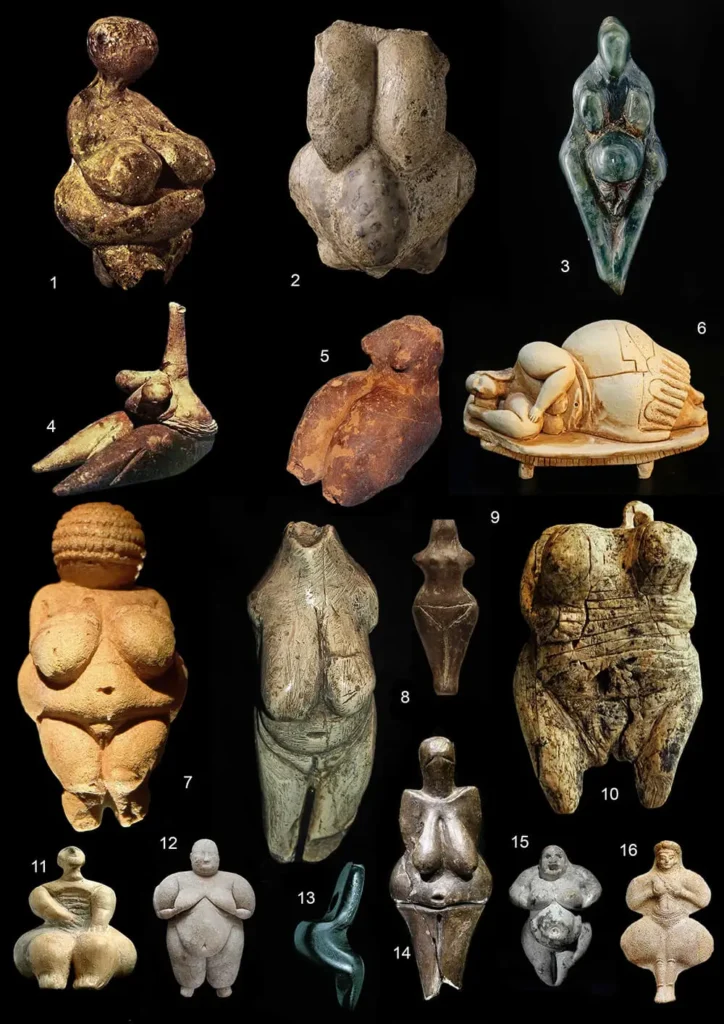
Because there was never an abundance of food and for their entire life during the Paleo period and before and for our entire evolution there was scarcity, the concept of morbid obesity was nothing more than idolized fiction. A fairytale of life without starvation. We have to understand the difference between foraging and hunter-gathering and agriculture, and then agricultural societies and our modern industrial ones are significant. They are enormous regarding evolutional biology. It was all about survival.
The skinny, malnourished female was in danger if became pregnant. Living in nature might seem romantic today but for our ancestors, it was a constant nightmare with an average lifespan of 25 years. In Ice Age in Europe during winter (the last glacial period from 110,000 – 11,700 years ago), a malnourished pregnant woman would have many problems. Morbid obesity is a symbol of fertility or a symbol of successful pregnancy and a symbol of life itself. Our paleo grandparents did not understand the full range of functioning of biological principles, but they for sure understand the role of adipose tissue for survival. It was the way of life ever since our ancestors moved out of Africa and entered colder climates, and even in Africa actually, there was no overabundance of sources of food around also. In snow and ice and caves with constant hunger and other hominins around competing for food, it was the worst-case scenario. That is why we can see morbid obesity Venuses figurines.
After the Neolithic Revolution, it all shifted rapidly. There were the first larger cities and societal hierarchies. Also, the concept of fertility shifted everywhere. Goddesses became slimmer, stories grew into religion, and morphed into the culture.
Eating healthy still does not mean that we will override our hunger drive. There is no magic cure for survival signaling except for strong medications. Eating healthy can still make us obese. The healthy diet is just the one we had evolved and adapted to eating. That is it. It is not a restrictive diet.
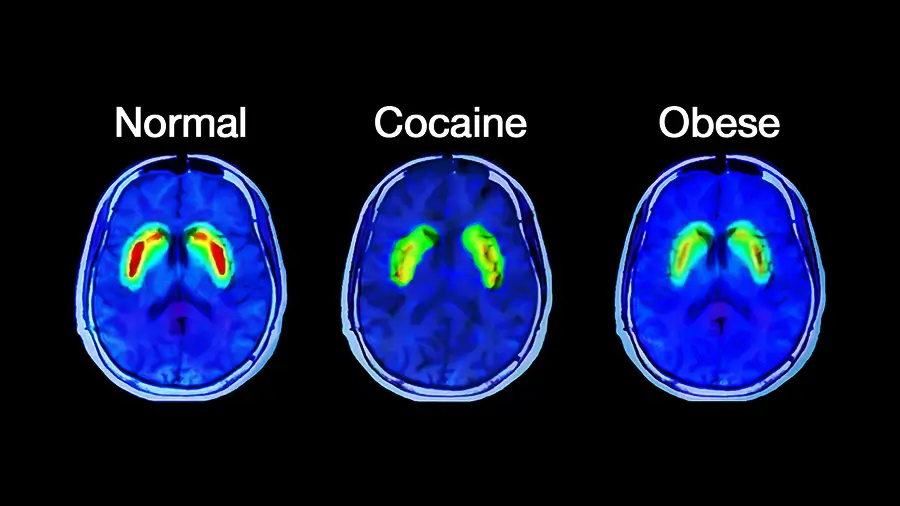
It is not the tastiest diet also. In nature, there is scarcity, so taste exists as a reward, not as a common theme for every meal.
For every animal in existence in nature, hunger is the normal state of being. Alternatively, a constant struggle for food would be more precise. For every animal that lives on this planet, food obsession is a daytime job. Most of the time during their lives animals spend searching for food. There are no supermarkets and cans of ready-to-eat meals. It is a struggle. Moreover, that was a normal condition for humans even today. Well, at least the body physiology part.
Our desire and pleasure-seeking behavior are what make us sick. Evolution did not predict electricity and microchips and cars. We are maladapted to our habitat. We have underlined mechanisms that force us to act in an evolutionary protective manner such as overeating food. The not-so-unique obstacle now is that there is no scarcity anymore.
References:
Passages selected from a book: Pokimica, Milos. Go Vegan? Review of Science Part 1. Kindle ed., Amazon, 2018.
- Anderberg, Rozita H et al. “The Stomach-Derived Hormone Ghrelin Increases Impulsive Behavior.” Neuropsychopharmacology : official publication of the American College of Neuropsychopharmacology vol. 41,5 (2016): 1199-209. doi:10.1038/npp.2015.297
- Al Massadi, Omar et al. “Ghrelin and food reward.” Neuropharmacology vol. 148 (2019): 131-138. doi:10.1016/j.neuropharm.2019.01.001
- Johnson, Paul M, and Paul J Kenny. “Dopamine D2 receptors in addiction-like reward dysfunction and compulsive eating in obese rats.” Nature neuroscience vol. 13,5 (2010): 635-41. doi:10.1038/nn.2519
- Palmiter, Richard D. “Is dopamine a physiologically relevant mediator of feeding behavior?.” Trends in neurosciences vol. 30,8 (2007): 375-81. doi:10.1016/j.tins.2007.06.004
- Obradovic, Milan et al. “Leptin and Obesity: Role and Clinical Implication.” Frontiers in endocrinology vol. 12 585887. 18 May. 2021, doi:10.3389/fendo.2021.585887
- Crujeiras, Ana B et al. “Leptin resistance in obesity: An epigenetic landscape.” Life sciences vol. 140 (2015): 57-63. doi:10.1016/j.lfs.2015.05.003
- Peng, Jin et al. “Central and peripheral leptin resistance in obesity and improvements of exercise.” Hormones and behavior vol. 133 (2021): 105006. doi:10.1016/j.yhbeh.2021.105006
Related Posts
Do you have any questions about nutrition and health?
I would love to hear from you and answer them in my next post. I appreciate your input and opinion and I look forward to hearing from you soon. I also invite you to follow us on Facebook, Instagram, and Pinterest for more diet, nutrition, and health content. You can leave a comment there and connect with other health enthusiasts, share your tips and experiences, and get support and encouragement from our team and community.
I hope that this post was informative and enjoyable for you and that you are prepared to apply the insights you learned. If you found this post helpful, please share it with your friends and family who might also benefit from it. You never know who might need some guidance and support on their health journey.
– You Might Also Like –

Learn About Nutrition
Milos Pokimica is a doctor of natural medicine, clinical nutritionist, medical health and nutrition writer, and nutritional science advisor. Author of the book series Go Vegan? Review of Science, he also operates the natural health website GoVeganWay.com
Medical Disclaimer
GoVeganWay.com brings you reviews of the latest nutrition and health-related research. The information provided represents the personal opinion of the author and is not intended nor implied to be a substitute for professional medical advice, diagnosis, or treatment. The information provided is for informational purposes only and is not intended to serve as a substitute for the consultation, diagnosis, and/or medical treatment of a qualified physician or healthcare provider.NEVER DISREGARD PROFESSIONAL MEDICAL ADVICE OR DELAY SEEKING MEDICAL TREATMENT BECAUSE OF SOMETHING YOU HAVE READ ON OR ACCESSED THROUGH GoVeganWay.com
NEVER APPLY ANY LIFESTYLE CHANGES OR ANY CHANGES AT ALL AS A CONSEQUENCE OF SOMETHING YOU HAVE READ IN GoVeganWay.com BEFORE CONSULTING LICENCED MEDICAL PRACTITIONER.
In the event of a medical emergency, call a doctor or 911 immediately. GoVeganWay.com does not recommend or endorse any specific groups, organizations, tests, physicians, products, procedures, opinions, or other information that may be mentioned inside.
Editor Picks –
Milos Pokimica is a doctor of natural medicine, clinical nutritionist, medical health and nutrition writer, and nutritional science advisor. Author of the book series Go Vegan? Review of Science, he also operates the natural health website GoVeganWay.com
Latest Articles –
Plant Based News
-
The Ultimate 5-Step Plan To Go Vegan Overnight
on June 23, 2025
-
10 Vegan Lentil Dishes To Make In Summer
on June 23, 2025
-
Vegan in Paris: Is It Really That Hard? A Food Vlog Breakdown
on June 22, 2025
-
‘Biggest-Ever’ Exhibition On The History Of Veganism Opens In The UK
on June 22, 2025
-
Vegan Cyclist Wins 2025 National Time Trial Championship
on June 22, 2025
-
DIY Natto: A Home Fermentation Guide to Japan’s Healthiest Breakfast
on June 21, 2025
-
Most Americans Opposed To Cultivated Meat Ban After Tasting It, Says Study
on June 21, 2025
Top Health News — ScienceDaily
- HIV is surging in over-50s—But campaigns still target the youngon June 22, 2025
HIV is surging among adults over 50 in sub-Saharan Africa, yet prevention and treatment campaigns still focus mainly on the young. New research reveals older adults face comparable or higher infection rates but remain largely invisible in HIV studies, which hampers progress toward global health goals. Persistent stigma, outdated perceptions, and limited education or access in rural areas worsen the situation, especially for older women.
- Zapping aging cells: The fast, label-free test that could transform researchon June 22, 2025
Scientists in Tokyo have developed a groundbreaking, label-free method to identify aging human cells using electric fields. This new technique avoids the downsides of chemical tagging, which can distort results and slow research. By analyzing how cells move under alternating electric fields, the researchers found they could accurately detect senescent skin cells based on their electrical properties. The approach is fast, non-invasive, and could transform how we study aging and age-related […]
- FDA under fire: Data discrepancies uncovered in AstraZeneca approval trialson June 22, 2025
Fresh concerns have emerged about the platelet studies underpinning the FDA approval of ticagrelor, AstraZeneca’s multibillion-dollar heart drug. A new BMJ investigation reveals data discrepancies, missing lab readings, and questions about the integrity of the trial process. Notably, key results reported in a major cardiology journal were inaccurately presented, and some study contributors were omitted or denied involvement. With generics on the horizon, critics say these revelations highlight […]
- Myth-busting study shows controversial seed oils reduce inflammationon June 21, 2025
A new study is turning heads by challenging the popular belief that seed oils are harmful to health. Researchers analyzed blood markers from nearly 1,900 people and found that higher levels of linoleic acid — an omega-6 fat commonly found in seed oils — were linked to lower inflammation and better cardiometabolic health. The study used direct biomarkers instead of diet surveys, making its findings more robust. These results support a growing body of evidence that seed oils, far from fueling […]
- Iron overload: The hidden culprit behind early Alzheimer’s in Down syndromeon June 21, 2025
USC researchers have uncovered a hidden driver behind the early and severe onset of Alzheimer’s in people with Down syndrome: iron overload in the brain. Their study revealed that individuals with both conditions had twice the iron levels and far more oxidative damage than others. The culprit appears to be ferroptosis, an iron-triggered cell death mechanism, which is especially damaging in sensitive brain regions.
- Diabetes drug cuts migraines in half by targeting brain pressureon June 21, 2025
A common diabetes drug may be the next big thing for migraine relief. In a clinical study, obese patients with chronic migraines who took liraglutide, a GLP-1 receptor agonist, experienced over 50% fewer headache days and significantly improved daily functioning without meaningful weight loss. Researchers believe the drug s ability to lower brain fluid pressure is the key, potentially opening a completely new way to treat migraines. The effects were fast, sustained, and came with only mild side […]
- Cold sore virus hijacks human genome in 3D–and scientists found its weak spoton June 20, 2025
Cold sore-causing HSV-1 doesn’t just hijack cells it reconfigures the entire architecture of our DNA to aid its invasion. Researchers discovered that it actively reshapes the 3D structure of the human genome within hours of infection, using host enzymes like topoisomerase I to gain access to crucial genetic machinery. Stunningly, blocking this single enzyme shuts the virus down completely.
PubMed, #vegan-diet –
- Planting Rights and Feeding Freedom: Navigating the Right to a Vegan Diet in Hospitals and Prisonson June 20, 2025
The legal recognition of veganism highlights the evolving landscape of dietary choices and their status under human rights law. This paper examines the legal status of vegan diets under the European Convention on Human Rights (ECHR), focusing on public institutions such as prisons and hospitals. By analyzing the first relevant cases before the European Court of Human Rights, it explores the protection of vegan diets under Articles 9 (freedom of thought, conscience, and religion) and 14…
- Dietary pattern and nutritional assessment in a cohort of mothers identified by neonatal screening for cobalamin deficiency in offspring: an Italian single center experienceon June 19, 2025
During pregnancy, nutrient requirements increase while deficiencies can significantly affect pregnancy outcomes. Deficiencies may result from inadequate dietary intake, impaired absorption, or restrictive diets. This study aimed to retrospectively assess the nutritional status and dietary intakes in a cohort of mothers whose newborns were identified with vitamin B12 deficiency of maternal origin through Newborn Screening. Between 2021 and 2024, 107 newborn-mother dyads with altered biomarkers […]
- Intermittent fasting strategies and their effects on body weight and other cardiometabolic risk factors: systematic review and network meta-analysis of randomised clinical trialson June 18, 2025
CONCLUSIONS: Minor differences were noted between some intermittent fasting diets and continuous energy restriction, with some benefit of weight loss with alternate day fasting in shorter duration trials. The current evidence provides some indication that intermittent fasting diets have similar benefits to continuous energy restriction for weight loss and cardiometabolic risk factors. Longer duration trials are needed to further substantiate these findings.
- Plant-Based Diet and Risk of Iron-deficiency Anemia. A Review of the Current Evidence and Implications for Preventive Strategieson June 17, 2025
PURPOSE OF REVIEW: This review provides a comprehensive overview of iron metabolism, emphasizing the influence of dietary patterns-particularly vegetarian and vegan diets-on iron status and associated health outcomes.
- Protein Intake and Protein Quality Patterns in New Zealand Vegan Diets: An Observational Analysis Using Dynamic Time Warpingon June 13, 2025
Background/Objectives: Inadequate intake of indispensable amino acids (IAAs) is a significant challenge in vegan diets. Since IAAs are not produced or stored over long durations in the human body, regular and balanced dietary protein consumption throughout the day is essential for metabolic function. The objective of this study is to investigate the variation in protein and IAA intake across 24 h among New Zealand vegans with time-series clustering, using Dynamic Time Warping (DTW). Methods:…
Random Posts –
Featured Posts –

Latest from PubMed, #plant-based diet –
- Childhood mercury exposure and early death in Grassy Narrows First Nation, Canada: a retrospective studyby Donna Mergler on June 22, 2025
CONCLUSIONS: Early mortality in Grassy Narrows First Nation is higher than other First Nations and the non-Indigenous populations in Canada. Convergent findings from different approaches and statistical techniques support an association between childhood Hg exposure and early death. Morbidity and mortality in this community require follow-up.
- Understanding the intention-behaviour gap in meat reduction: The role of cognitive dissonance in dietary changeby David Fechner on June 21, 2025
Transitioning to a plant-dominant food system is crucial for mitigating climate change, improving public health, and reducing animal suffering. However, despite growing awareness of these benefits, meat consumption remains high in most developed countries, and many individuals who intend to reduce their meat intake struggle to follow through. This longitudinal study, grounded in the transtheoretical model of change and cognitive dissonance theory, examines the psychological mechanisms […]
- Optimal intake of animal-source foods: a scoping review to inform a new WHO guidelineby Magali Rios-Leyvraz on June 20, 2025
CONCLUSION: This scoping review offers a comprehensive overview of existing evidence on animal-source foods and health outcomes and identifies key research gaps to support the development of new nutrition guidelines.
- Specialist Savvy Versus Generalist Grit: Elucidating the Trade-Offs in Adaptive Dietary Ecomorphology Amongst African Green and Bush Snakesby Hanlie M Engelbrecht on June 19, 2025
Kinetic feeding bones of macrostomatan Afrophidian snakes enable them to consume diverse prey types. While significant research has focused on functional feeding morphology in snakes, it often emphasizes broad taxonomic comparisons or species with distinct dietary ecologies. There is limited knowledge of how small variations in prey type composition may influence feeding morphology among closely related species sharing similar ecological niches. African Green and Bush Snakes (Philothamnus) […]
- Chia (Salvia hispanica L.) Seed Oil Supplementation to the Diet: Effects on in Vitro Rumen Fermentation Characteristics and Lipid Biohydrogenationby Selma Büyükkılıç Beyzi on June 19, 2025
The study investigated the effects of chia seed oil supplementation on the diet with different levels of in vitro ruminal biohydrogenation and fermentation. The treatment groups were control (no additional oil) or the addition of 10, 20 and 30 g/kg of chia seed oil in the diet as DM based. The treatment groups were incubated using a batch culture technique, and the fermentation terminated after 6, 12, and 24 h. The biohydrogenation rate of unsaturated fatty acids varied between 71% and 98% […]
- Plant-based milk alternatives: can they replace the iodine from UK cow’s milk?by Katie Nicol on June 18, 2025
Current food systems pose risks to both population and environmental health. Reducing the intake of animal-based foods, such as dairy products, and increasing consumption of plant-based foods align with priorities for addressing climate change and promoting overall health. Plant-based alternatives to cow’s milk can be readily substituted for cow’s milk without altering meal patterns and food habits, making them a popular choice among those reducing animal-product consumption. However,…
